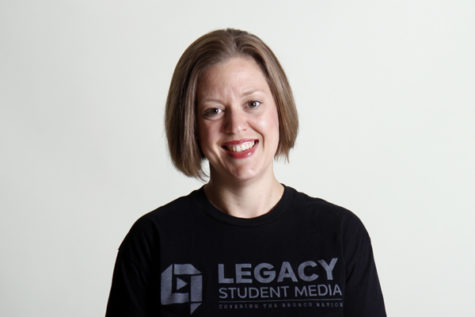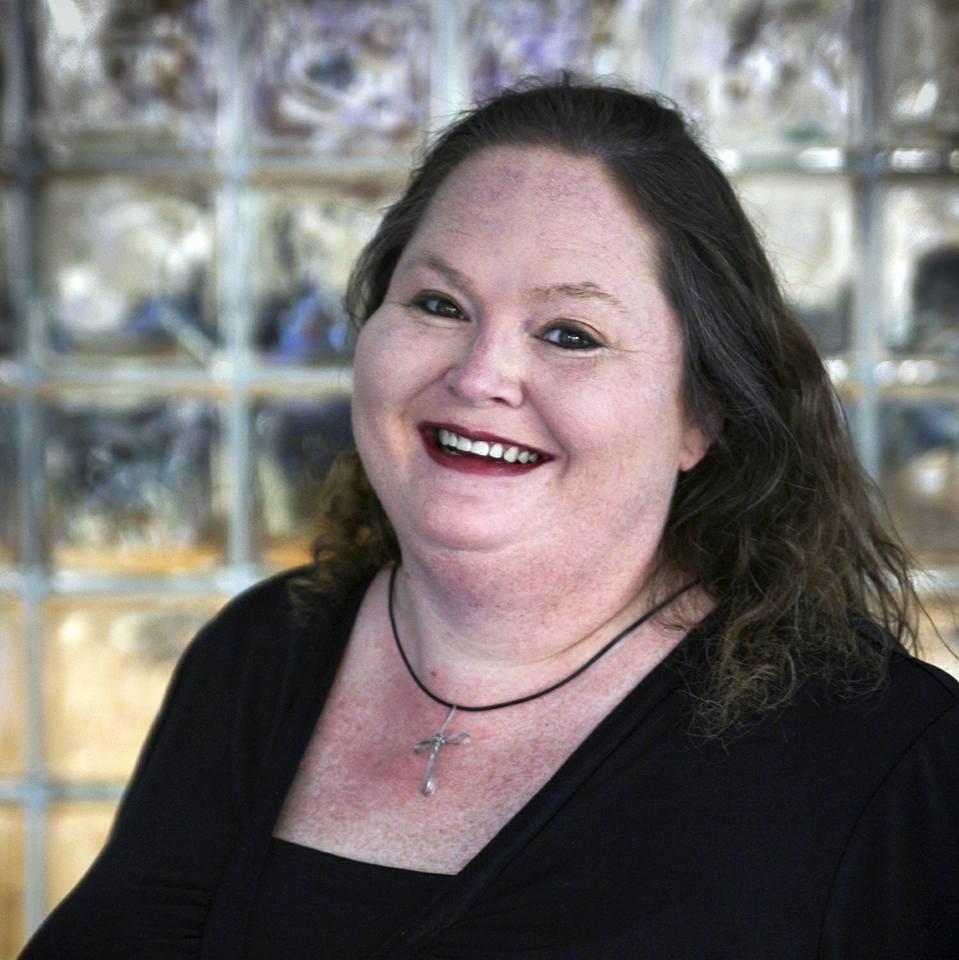Four months of school, more or less. That’s it. We can see the end–the end of proofs, the end of work nights, the end of parents calling to ask if it’s too late to get a senior ad.
Right now, we are desperately trying to motivate teenagers to be responsible and to stop playing Frisbee in our room with the plates left over from Cake Day. We are all also making lists of all the things we are going to do better next year. Most advisers are struggling with the same problems. Here’s some advice from thre award-winning Texas advisers for some tips on staying sane while getting everything done, organizing your staff, motivating students and keeping coverage from becoming stale. (Part 1 of 3)
How do you juggle what we do as advisers and maintain your sanity?
Rachel Dearinger, Legacy High School:
 1) Keep it real. I’d like to say I have this one all figured out but honestly every year brings new challenges. One thing I learned a long time ago that has helped me mentally is to accept that I don’t know or can’t possibly understand what everyone else in the building is doing. I used to get kind of frustrated because I was working so hard — my students were working so hard. We’d be the first at school and the last to go home, and I would get in a funk because it didn’t appear everyone else was working as hard on their “project.” I’ve come realize and accept that they often aren’t working as hard; however some are doing even more. I can’t waste energy worrying about everyone else. I chose to focus on us and what we are doing and need to do. Just knowing that and moving on seems a bit silly but was a big help to me.
1) Keep it real. I’d like to say I have this one all figured out but honestly every year brings new challenges. One thing I learned a long time ago that has helped me mentally is to accept that I don’t know or can’t possibly understand what everyone else in the building is doing. I used to get kind of frustrated because I was working so hard — my students were working so hard. We’d be the first at school and the last to go home, and I would get in a funk because it didn’t appear everyone else was working as hard on their “project.” I’ve come realize and accept that they often aren’t working as hard; however some are doing even more. I can’t waste energy worrying about everyone else. I chose to focus on us and what we are doing and need to do. Just knowing that and moving on seems a bit silly but was a big help to me.
2) Use technology to help you. Technology is your friend. Use Google Docs for things like your yearbook ladder and name book. You can then easily share this with everyone on staff. Take it to the next level and have reporters write then share their stories on Google Doc for peer editing purposes. Whatever you use, if it’s Trello or Google or another app, there’s so much out there to help keep you and your students organized. Again, communication is so important. Every student should have an email address. They should use it to communicate with the adviser and other staff members.
Don’t just let them run free however. We’ve grown up using email. I’m still amazed that often high school students are unfamiliar with email. Students need guidance on how to craft appropriate emails. Apps like Group Me and Remind are also a huge help in communicating with students.
3)Accept that you don’t know it all. Don’t get me wrong, you know a lot and probably more than most teachers in your building. Let’s face it, we teach way more than the required curriculum. Creating a publication is like running a small business — I often feel like I should have an accounting degree by now. Ha! This field is continually evolving. The way it was done 10, heck even five years ago isn’t the way we are doing it now. Yes, the basics our foundation will always hold true but technology especially will continually force us into new territory. Attend workshops, network with advisers in your area and state and join your state and national journalism organizations to keep up with these changes. Don’t be afraid to ask questions. I admit to my students often that I don’t know the answer — it’s freeing for them to see that I don’t know everything. Then we work together to figure out the answer.
Rebecca Pollard, Lovejoy High School:
 1) Compartmentalize. I will say the school of life has taught me that I need to compartmentalize my day and schedule time for each thing that must get done. Even if it is for 15 minutes at a time, then that is what I do. I use essaywanted to love to-do lists until I realized it was the root of much stress because I felt like I never was accomplishing anything on it. Compartmentalizing gets those things on the to-do list done because I schedule it in.
1) Compartmentalize. I will say the school of life has taught me that I need to compartmentalize my day and schedule time for each thing that must get done. Even if it is for 15 minutes at a time, then that is what I do. I use essaywanted to love to-do lists until I realized it was the root of much stress because I felt like I never was accomplishing anything on it. Compartmentalizing gets those things on the to-do list done because I schedule it in.
2) Cut myself a break. I used to take work home and work solid nights and weekends as I was afraid if I didn’t do that, how will anything get done. But I learned when I allowed myself time at home to be at home spending time with family or doing the things that I want to do (even if that is watching TV), I am twice as productive when I get to work. Don’t get me wrong, during yearbook proof season, I do work a lot from home. And there are other times throughout the year where I’m bringing work home, but it is only the things I am willing to sacrifice me time for.
Rebecca Plumley, McDade High School:
 1) Learn to say no and not overextend yourself. Yourbook advisers have skills that make them valuable on every project that the school hosts, but that doesn’t mean it’s healthy to be involved in all of those projects. Taking on only one or two side projects allows you to be a valuable part of the community rather than a frazzled mess.
1) Learn to say no and not overextend yourself. Yourbook advisers have skills that make them valuable on every project that the school hosts, but that doesn’t mean it’s healthy to be involved in all of those projects. Taking on only one or two side projects allows you to be a valuable part of the community rather than a frazzled mess.
2) Don’t be afraid to ask for help. It’s amazing what others can do if you just vocalize what you need. For the longest I got so used to doing things on my own that it would surprise me what others could do to help. I’ll risk a “no, I can’t help” to receive several, “sure, what do you needs.”
3) During deadline and UIL season refuse to work both days of the weekend. Remember studies show that we are actually more productive when we work fewer hours.
4) Don’t try to change the world in a year. Choose one two three things that you wish to improve upon and use those as your gauge for success.
5) Remember this is supposed to be fun. When it’s not fun, start rethinking what you’re doing, slow down, and come up with a plan to bring the fun back into the program.
6) Journalism teachers are notoriously flexible in terms of helping the instructors and students of other programs. During times of need don’t forget to ask for the flexibility back.
7) Be kind to the students. We’re working with teenagers not with people who are in the paid industry. Yes, helping students build stellar writing, design and photography portfolios is valuable, but there is also value in teaching students to take on tasks while living a full life. Embrace those soft skills. Know the art form of understanding when it’s time to back off the intensity. When everyone is drop dead tired because of the stress from deciding if a line should be. 5 points or .75 points, it might be time to rethink what is silently being taught/learned.


